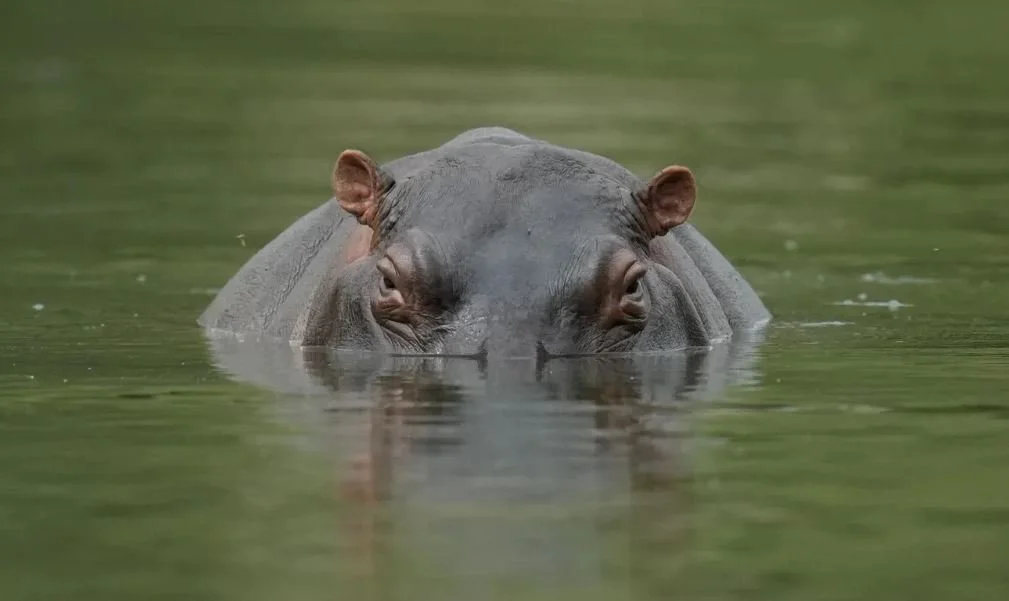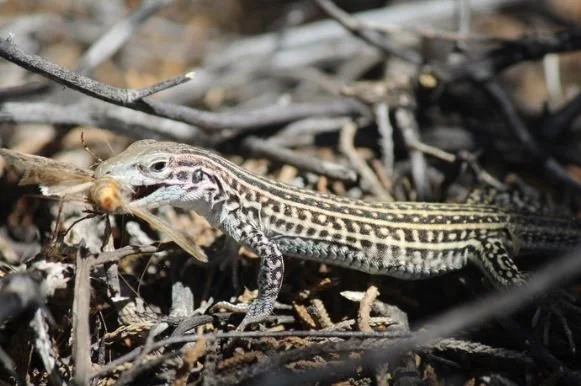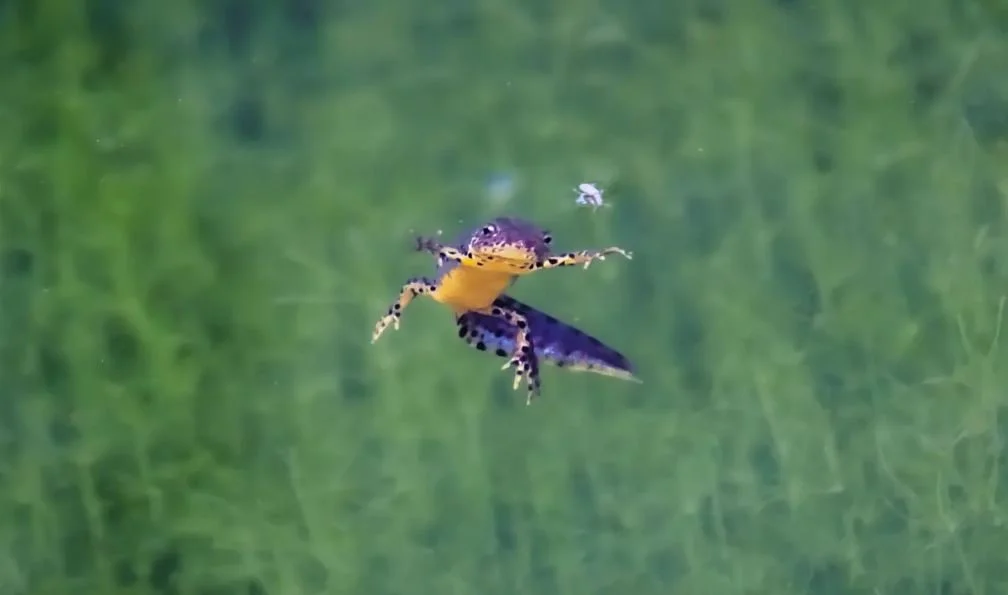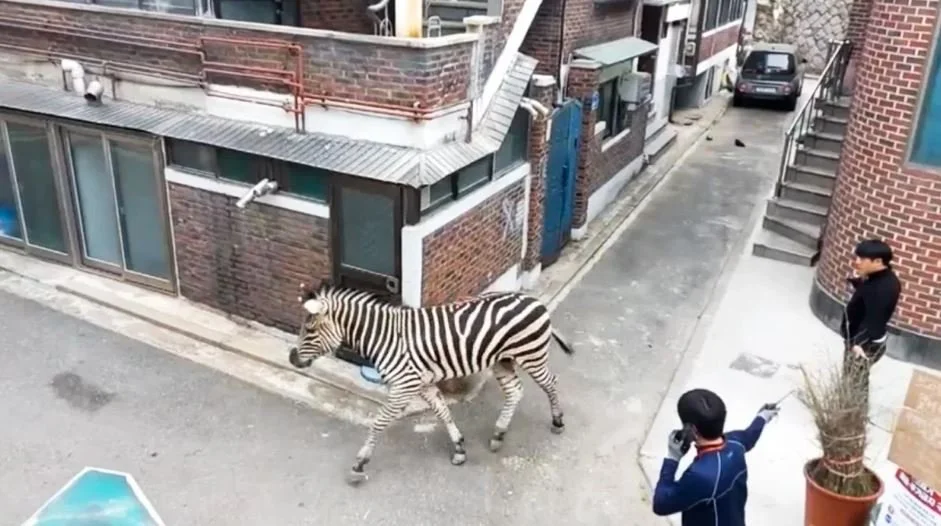Due to climate change and related factors, a dozen or two bird species have expanded their ranges into New York City. Among them: The black vulture, a grim looking fellow with a five-foot wingspan who, in the old days, never strayed this far north.
Hi.
Welcome to my blog.





















